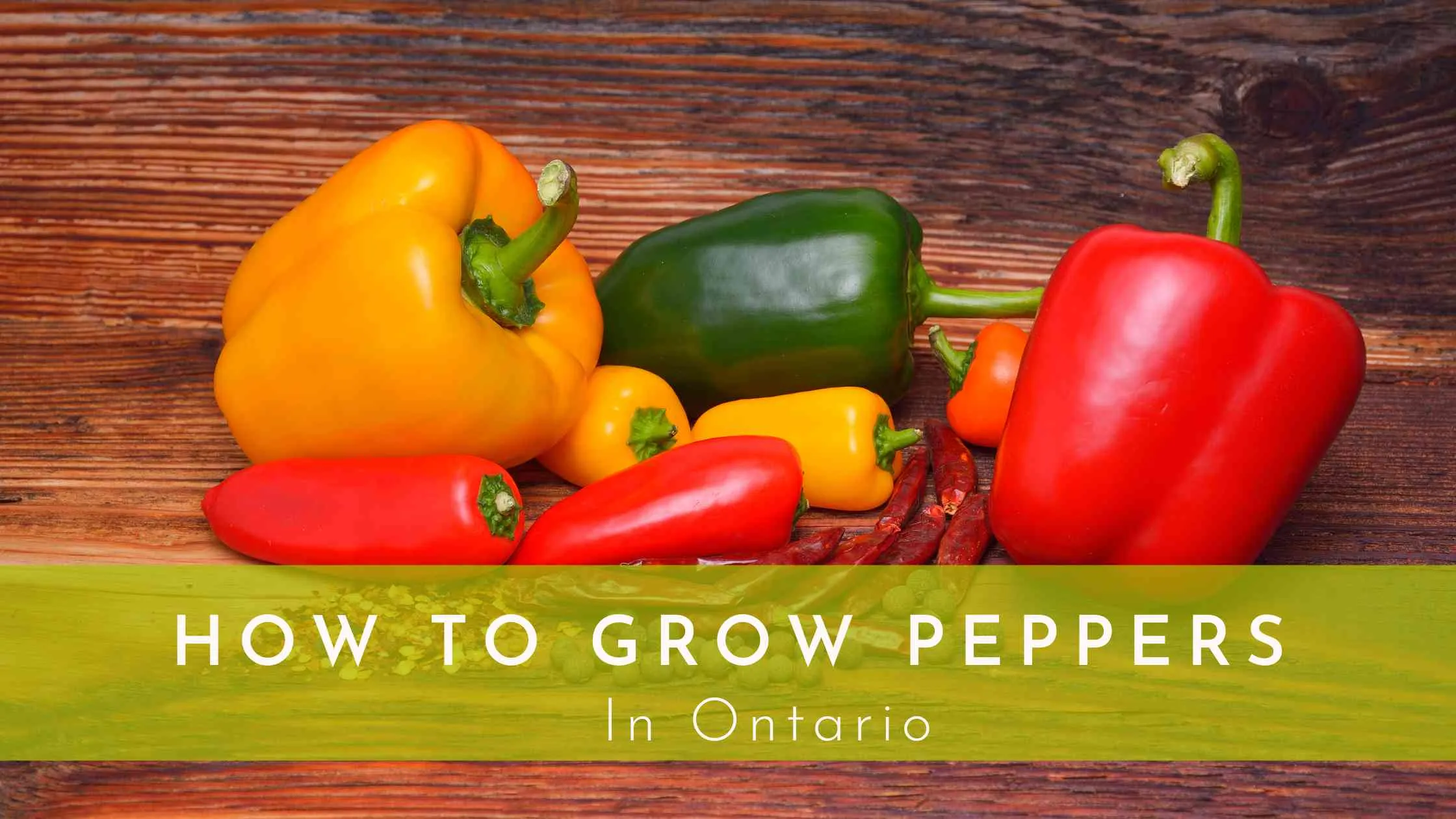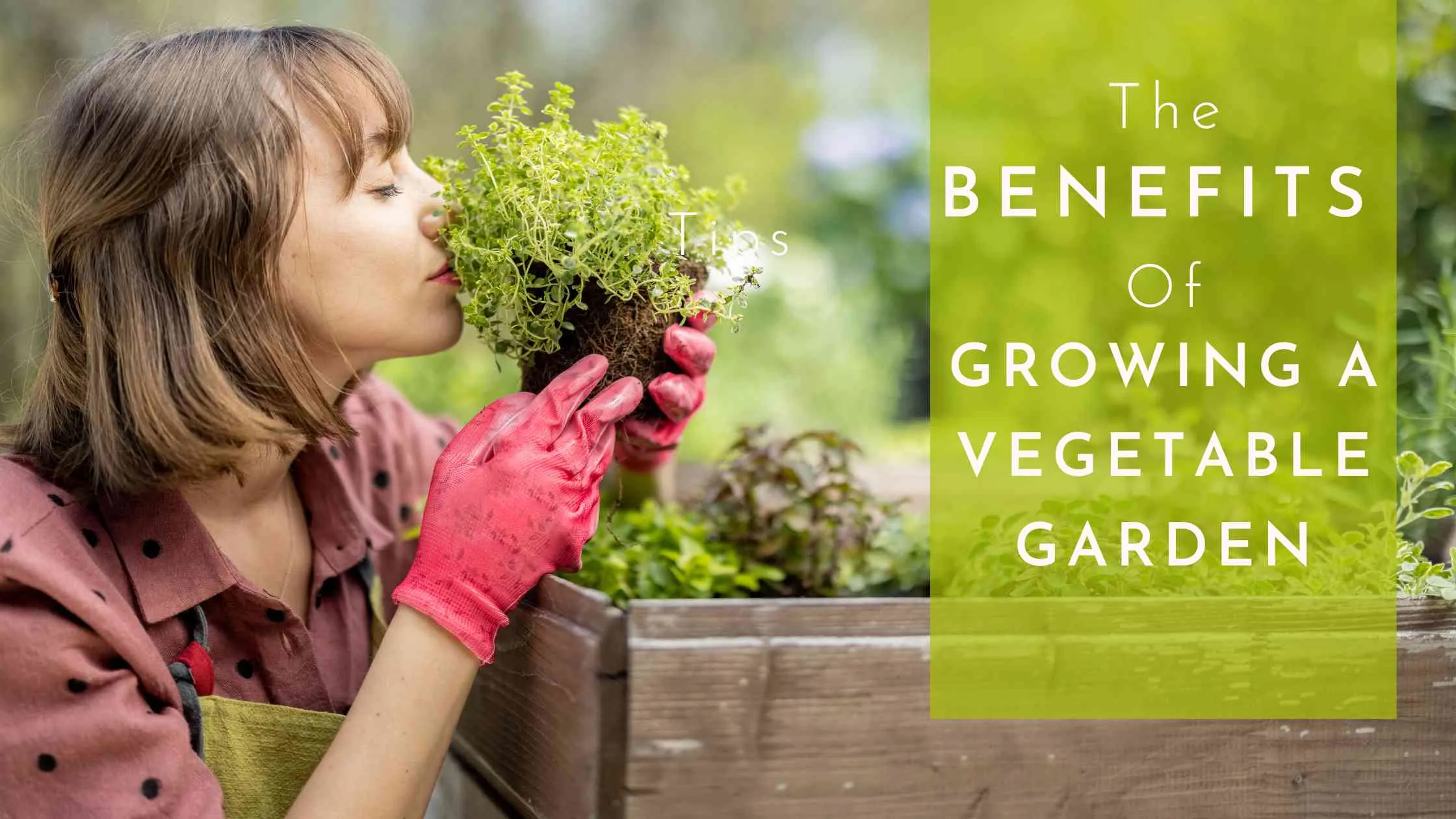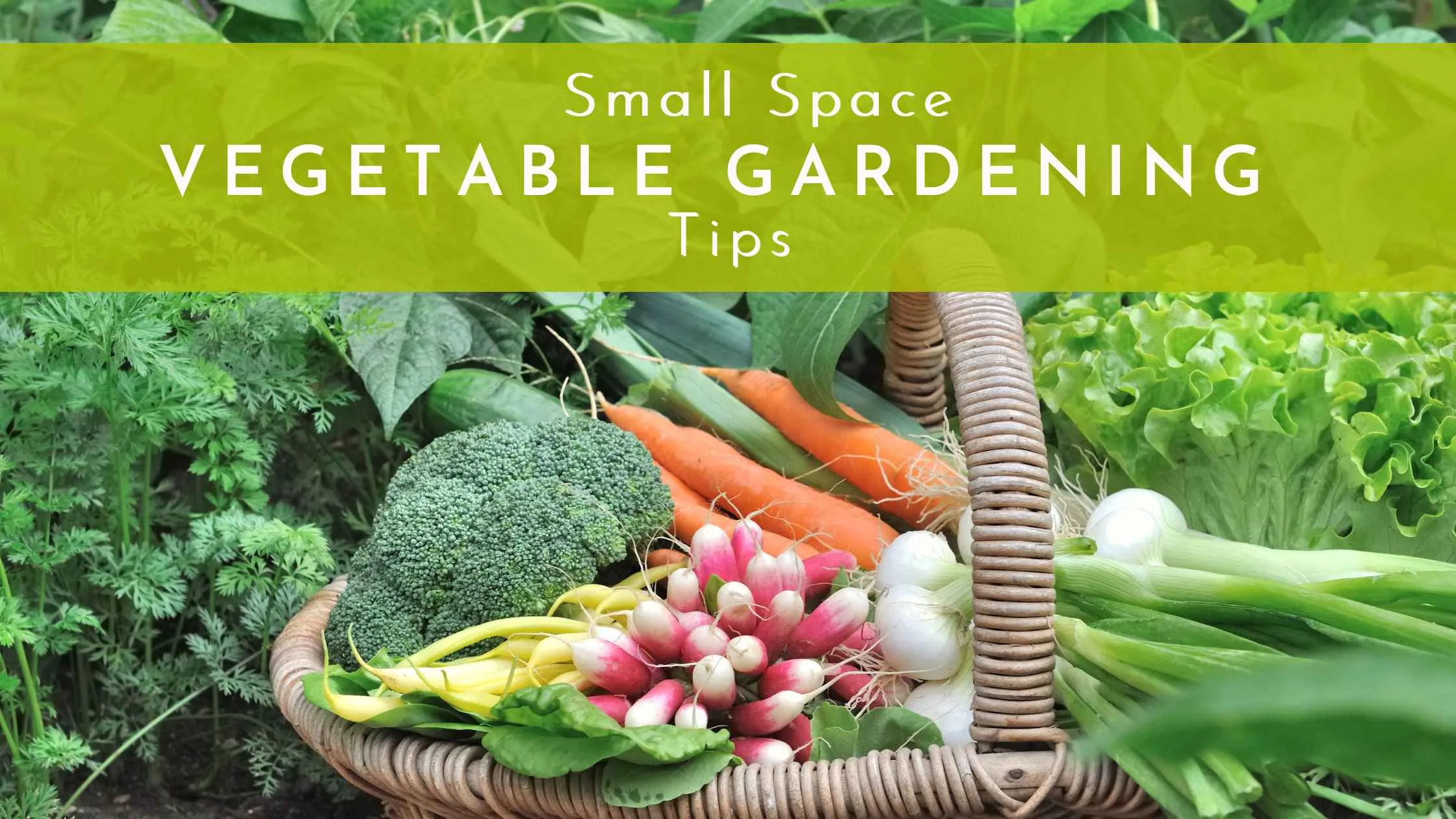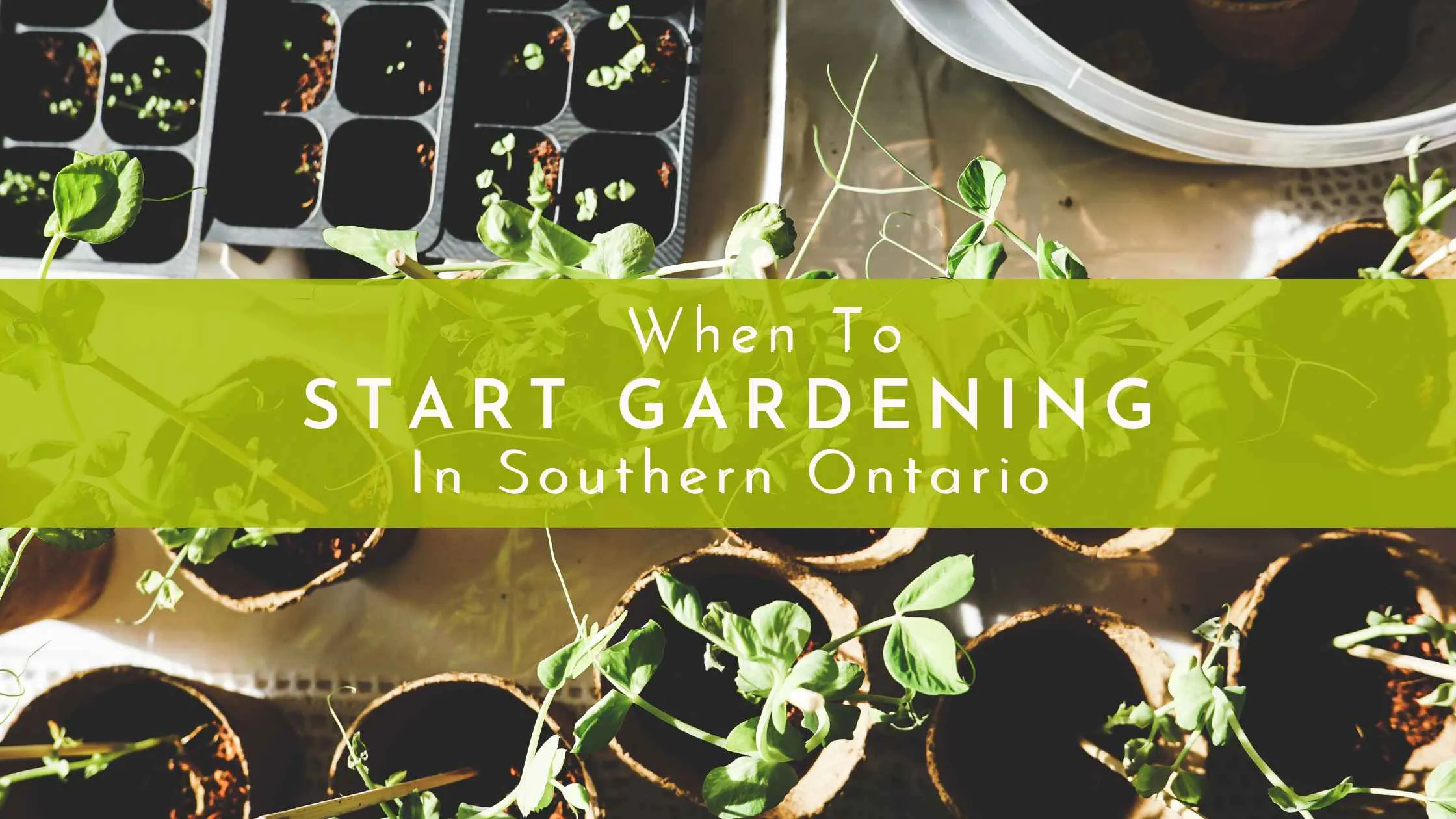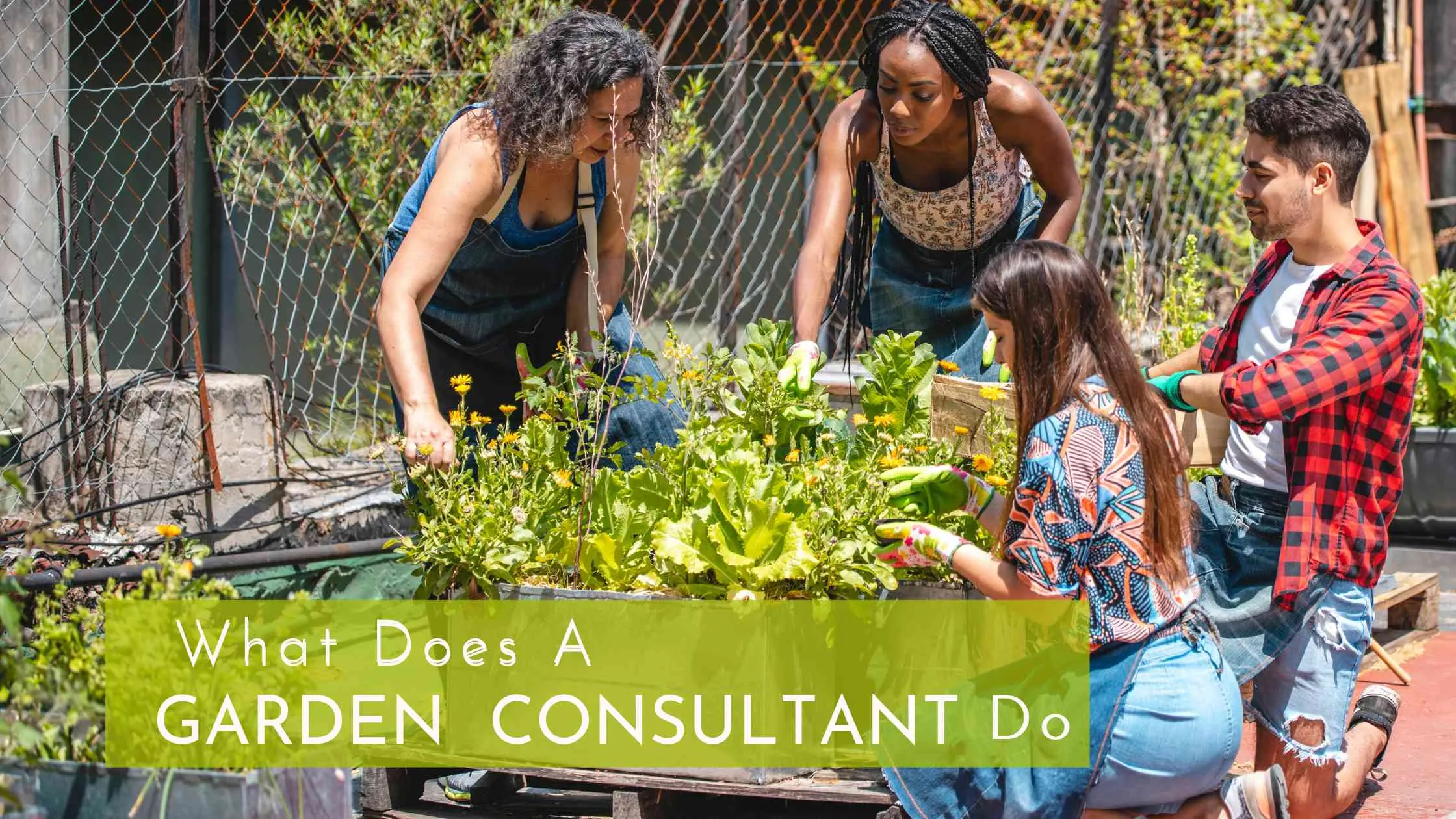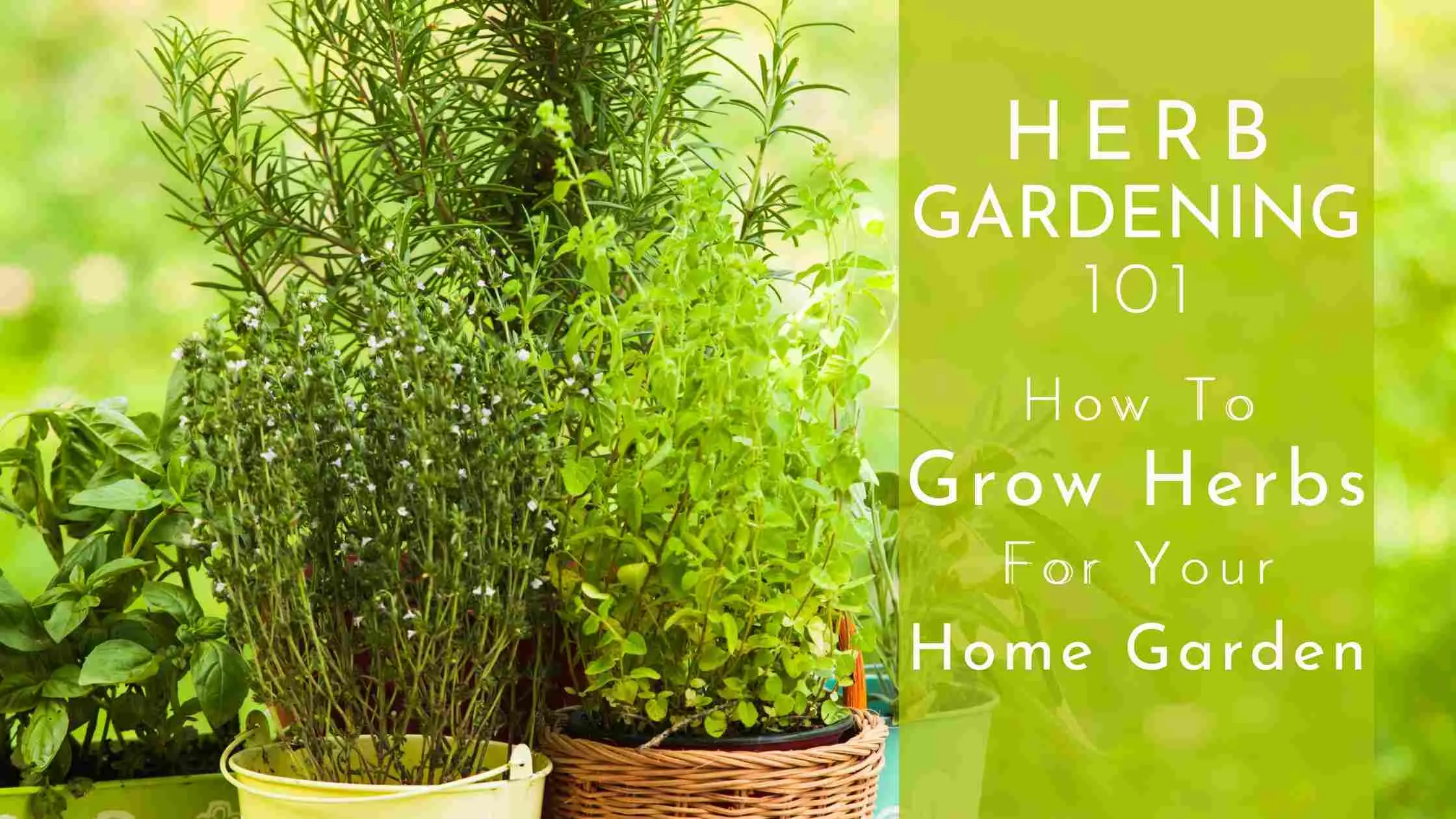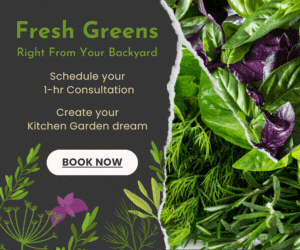Composting: How To Turn Scraps into Garden Gold
Composting is not just about reducing kitchen waste—it’s a key step in nurturing your garden organically. It helps improve soil health, supports plant growth, and even contributes to a healthier planet. Let’s break down the essentials of composting, from what it is to how you can start your very own compost heap today!
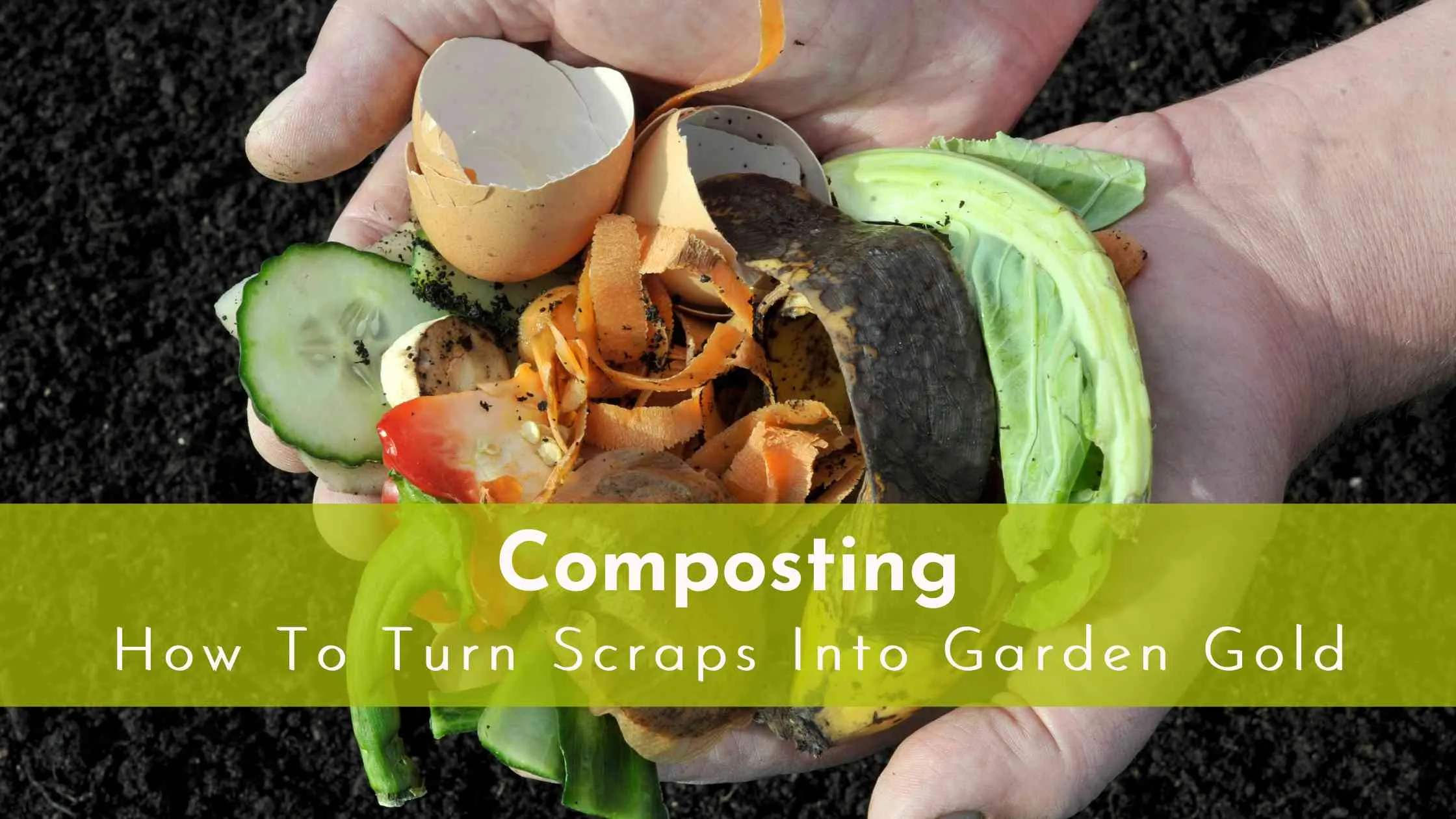
What is Compost?
Compost is decayed organic material used as a plant fertilizer in gardening. It’s often referred to as "black gold" because of its rich color and value in enriching the soil. When you compost, you are harnessing the natural process of decomposition to turn organic materials like leaves, kitchen scraps, and garden clippings into a nutrient-rich substance that benefits the earth and promotes healthy plant growth.
Types of Compost
Composting methods vary, making it accessible for every gardener, regardless of space:
- Hot Composting: This method is speedy, generating compost in 1 to 3 months with frequent turning and temperature monitoring. It requires a balanced mix of greens (nitrogen-rich materials) and browns (carbon-rich materials).
- Cold Composting: Simpler but slower, this involves piling up garden waste and kitchen scraps and letting them decompose over a year or more.
- Vermicomposting: Using worms to decompose organic waste, vermicomposting is excellent for indoor composting and produces vermicast, a very rich form of compost.
- Bokashi: A unique method where kitchen scraps are fermented in a sealed container using a specific bokashi bran, producing a type of compost that can be finished in the soil or another compost bin.
How Long Does It Takes To Make Compost
The time it takes to make compost can vary widely. Hot composting is the quickest method, taking anywhere from 1 to 3 months, while cold composting can take from 6 months to a year. Factors such as the balance of materials, the size of the compost pile, and environmental conditions play significant roles in the speed of decomposition.
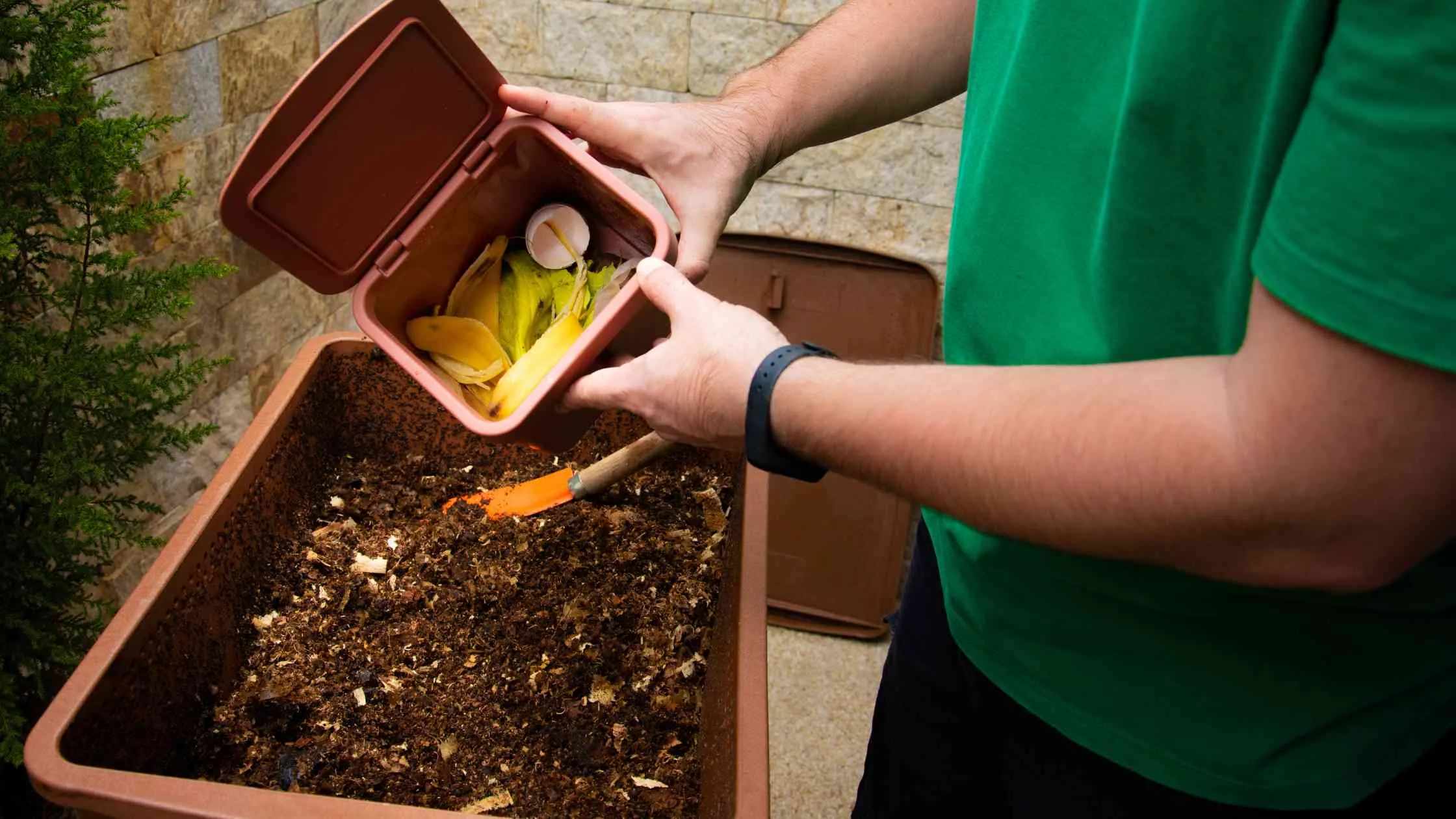
Benefits of Compost
Using compost has multiple benefits:
- Soil Improvement: Compost adds essential nutrients back into the soil, improving its structure, and making it more fertile.
- Water Retention: Compost helps soil retain moisture, which is especially beneficial in dry areas.
- Reducing Waste: Composting diverts organic waste from landfills, reducing methane emissions—a potent greenhouse gas.
- Plant Health: Plants grown in composted soil are healthier and more robust, being more resistant to pests and diseases.
Steps to Make Compost
Here’s a simple step-by-step guide to start making your own compost:
- Choose Your Compost Bin
- Location: Place it in a convenient spot in your garden or on your balcony where it won’t be too much of a nuisance in terms of smell or access.
- Type: You can use a store-bought compost bin, make one from recycled materials like wooden pallets or plastic bins, or even use a simple pile if you have the space.
- Choose Your Composting Method
- Decide which type of composting suits your space and lifestyle.
- Understand What You Can Compost
- Greens (Nitrogen-rich materials): Vegetable and fruit scraps, coffee grounds, fresh grass clippings, and plant trimmings.
- Browns (Carbon-rich materials): Dry leaves, straw, wood chips, paper, and cardboard.
- Build Up Your Composting Layers
- Start with a layer of coarse browns at the bottom for good air circulation.
- Add alternating layers of greens and browns. A good ratio to aim for is about 3 parts browns to 1 part greens by volume.
- Maintain Your Compost
- Moisture: Your compost should be moist like a wrung-out sponge. If it's too dry, add water; if too wet, add more browns to balance it out.
- Aeration: Turn your compost every few weeks to help aerate it, which speeds up the composting process and prevents odors.
- Monitor and Troubleshoot
- Keep an eye on the compost. If it smells, add more browns and turn it to introduce more air.
- If it’s not heating up, add more greens and ensure it’s moist enough.
- Harvest Your Compost
- Your compost should be ready in 3 to 6 months, depending on how well it’s maintained. It should look and smell like dark, crumbly soil.
- Sift it to separate any unfinished material and return those to the bin.
- Use Your Compost
- Mix it into your garden beds, add it to your container plants, or use it as a top dressing in your garden.
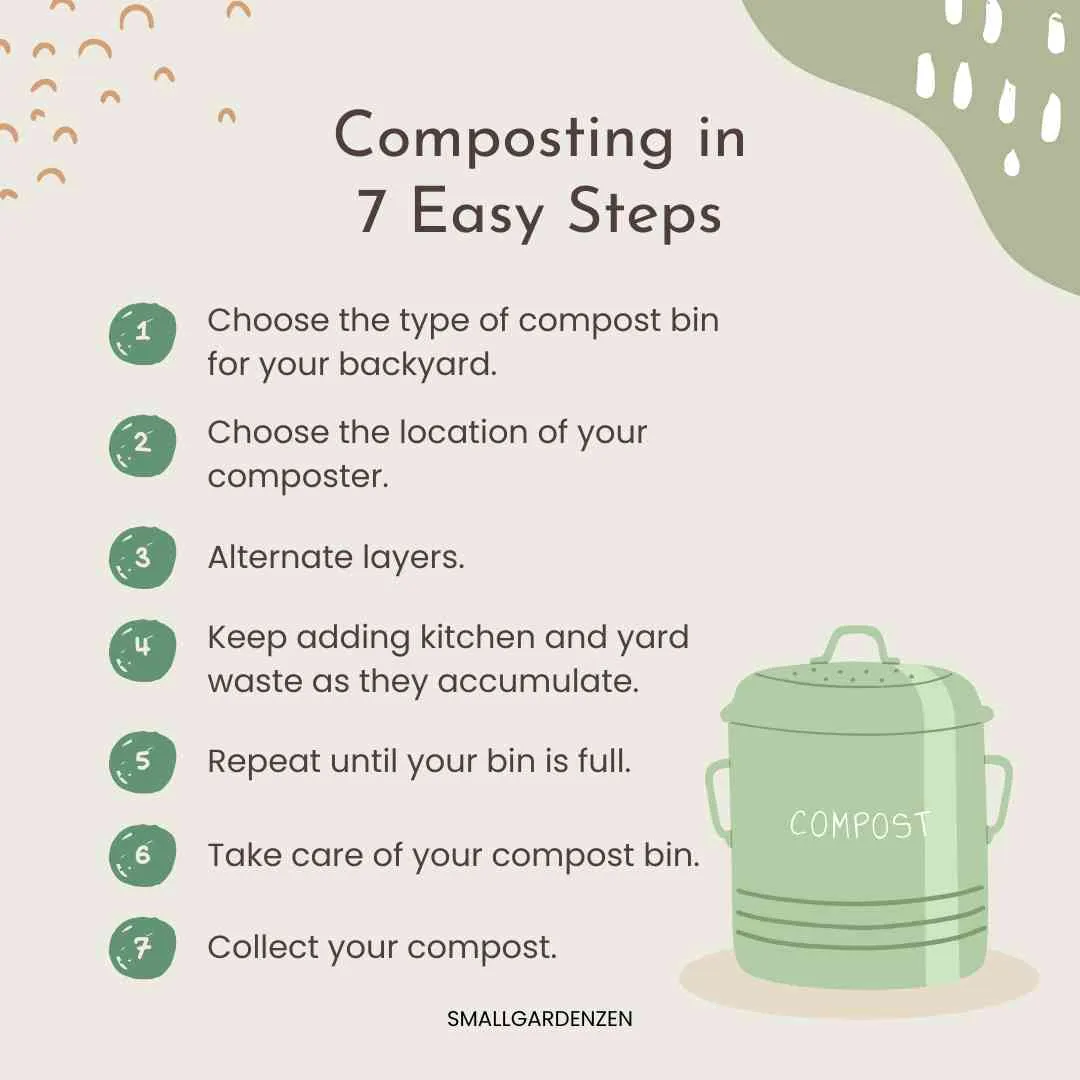
Using Compost
Compost can be used in several ways in your garden:
- Soil Amendment: Mix it into your garden beds to enrich the soil.
- Mulch: Spread it around plants to help retain soil moisture and suppress weeds.
- Potting Mix: Add it to potting soil for your container plants for a nutrient boost.
It’s best used in the spring when preparing garden beds or during planting. However, adding compost to your garden at any time can improve soil structure and fertility.
Frequently Asked Questions
Q: Can I compost cooked food?
Generally, it’s best to avoid composting cooked food, especially meat and dairy products, as they can attract pests and create odor problems. If you use a Bokashi system, however, cooked foods are acceptable.Q: Does compost smell?
A properly maintained compost bin should not smell bad. If there is an odor, it might be too wet or need more browns to balance out the greens.Q: Can I compost in winter?
Yes! Composting can slow down in colder weather, but it doesn’t stop. You can continue to add to your compost bin throughout the winter.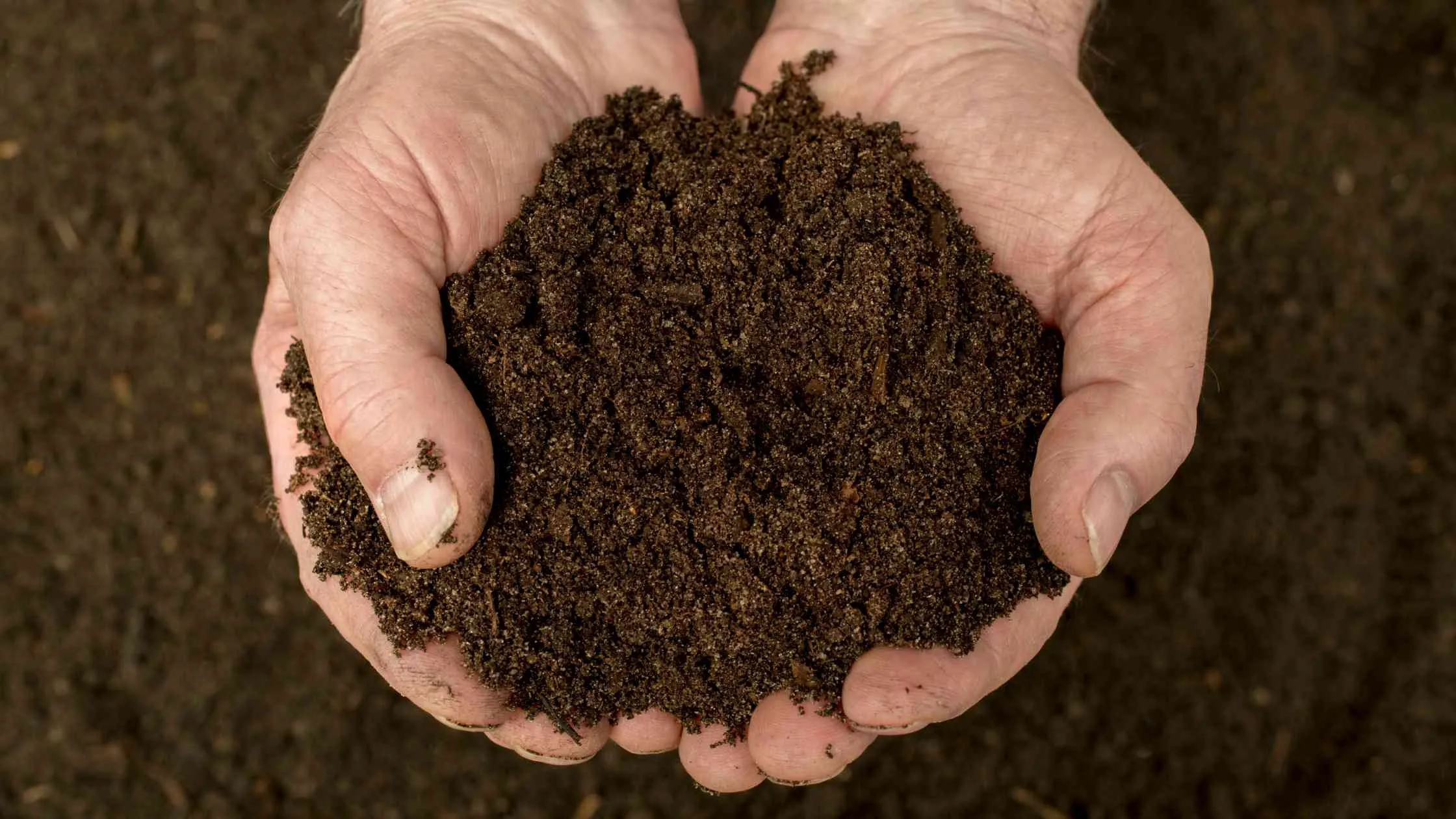
Embracing composting is a fantastic step towards more sustainable gardening. By transforming your kitchen scraps and yard waste into compost, you’re not only enriching your garden but also contributing to environmental conservation. Grab those scraps, and let’s turn them into garden gold!

